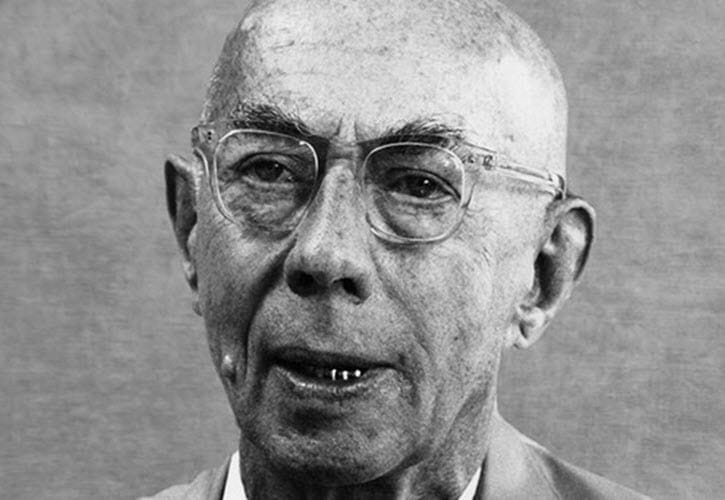Gustav Ludwig Hertz (22 July 1887 – 30 October 1975) was a German experimental physicist. In 1925, he was awarded the Nobel Prize in Physics.
Life and Career
He was born on 22 July 1887, in Hamburg, Germany.
Hertz pursued his education at the University of Gottingen, where he studied engineering before transitioning to physics. He completed his doctoral studies under the supervision of Max Born, focusing on studies related to electron diffraction.
Hertz’s most significant contributions came in the field of experimental physics, particularly in the study of atomic and molecular collisions. He collaborated with James Franck on an experiment known as the Franck-Hertz experiment, which provided experimental evidence for the quantization of atomic energy levels.
This experiment was groundbreaking, as it supported the emerging quantum theory and helped establish the concept of discrete energy levels in atoms. The Franck-Hertz experiment also provided crucial insights into the behavior of electrons in atoms and the fundamental principles of quantum mechanics.
Hertz continued his research and academic career, holding positions at various institutions in Germany. He made further contributions to the field of atomic and molecular physics, particularly in understanding electron collisions and atomic excitation processes.
His work continues to be influential in the field of quantum mechanics and atomic physics, serving as a foundation for further research and exploration into the behavior of matter at the atomic level.
Gustav Ludwig Hertz passed away on 30 October 1975, in East Berlin.
Award and Legacy
In 1925, Gustav Ludwig Hertz was awarded the Nobel Prize in Physics, jointly with James Franck, for their experimental confirmation of the quantized energy levels in atoms.
His legacy lies in his groundbreaking work on the Franck-Hertz experiment, which significantly contributed to the understanding of atomic and quantum physics. His contributions continue to impact the field of physics and inspire further research into the behavior of matter at the atomic level.

